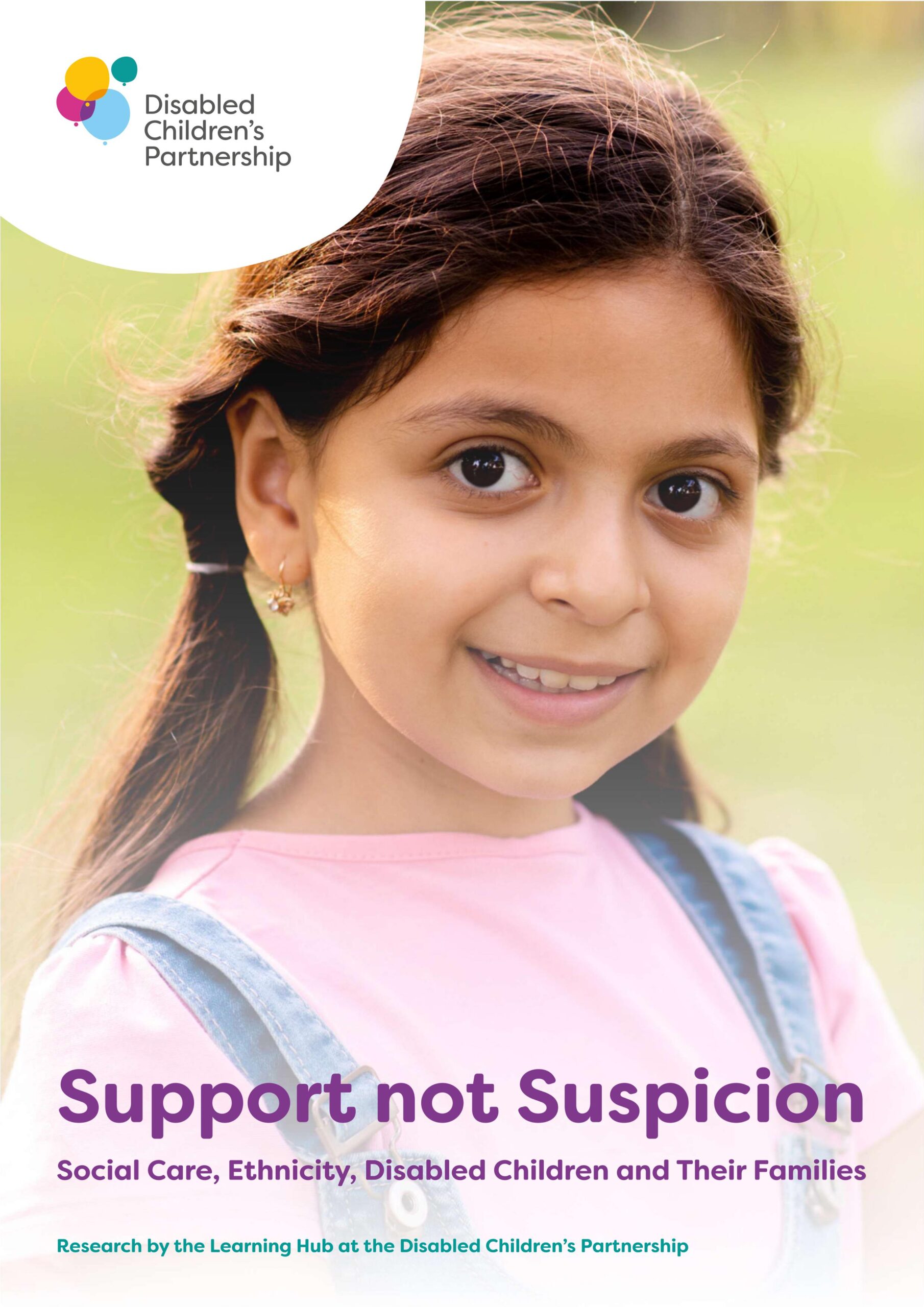Support Not Suspicion – read our latest report
Disabled children from Black and Asian ethnic minority groups suffer disproportionately more than their white peers.
Read the report now
- Our new report finds that disabled children from minority groups face even more hurdles when it comes to accessing social care than white disabled children and their families.
- As a result children are suffering from higher levels of anxiety and isolation and poorer mental health.
- Research shows that assumptions about race mean social workers have a tendency to approach ethnic minority families through a child protection lens, rather than offering support in caring for their disabled child.
- The DCP is urging the Department for Education to focus on supporting disabled children in black and Asian ethnic minority communities in its reforms to children’s social care.
Co-produced by parents and drawing on a comprehensive literature review and qualitative information gathered from interviews with parents and carers of young disabled people from these communities, the report identified a number of themes.
It found that families with disabled children from black and Asian ethnic minority groups may have a reduced frame of reference because of a lack of understanding around disability within their peer groups and therefore families may need more time and support to adjust to a diagnosis. The resulting isolation they feel may also mean they approach services for help when their needs are more complex or at crisis point. Many emphasised that attempts to explain their level of isolation were not understood during social care assessments.
Find out more here.
Easy-Read report available here.

